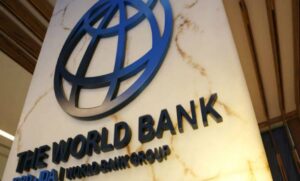
The World Bank has approved a $632 million loan for Nigeria to support key development programs, including nutrition and basic education. The funding comes at a time when the country’s rising debt profile has sparked economic concerns.
Breakdown of the Loan
The newly approved loans are allocated as follows:
Accelerating Nutrition Results in Nigeria 2.0 Project – $80 million to improve nutrition outcomes across the country.
HOPE for Quality Basic Education for All Programme – $552 million to enhance the quality of basic education.
The approval follows a recent $500 million loan granted on March 28, 2025, for the Community Action for Resilience and Economic Stimulus Programme.
Nigeria’s Growing Debt Profile
Despite the developmental focus of these loans, concerns over Nigeria’s rising debt persist. The country currently owes the World Bank $17.32 billion, contributing to broader economic debates about fiscal sustainability and debt management. Economic analysts warn that while the funding supports crucial sectors, it could add pressure to Nigeria’s financial stability if not managed effectively.
Government’s Justification
The Nigerian government maintains that these loans are essential for driving its development agenda, particularly in improving healthcare, education, and economic resilience. Officials argue that targeted investments in human capital will yield long-term benefits for the nation’s economic growth.
As Nigeria continues to seek international financial support, balancing debt sustainability with development goals remains a critical challenge for policymakers.




